-
Science Saturday: 10 non-COVID conversation starters for your virtual holiday get-togethers

Holiday gatherings have gone virtual this year, but one thing hasn't changed: the social pressure to find interesting things to say to our relatives. Whether on the phone, or staring blankly at Auntie Carol over Zoom, we all dread that moment of uncomfortable silence.
Well fear no more. Everyone likes to talk about their health and we've got a ready-made list of 10 of Advancing the Science's most popular 2020 blog topics for discussion — that aren't about COVID-19.
- A toxic protein linked to Alzheimer's
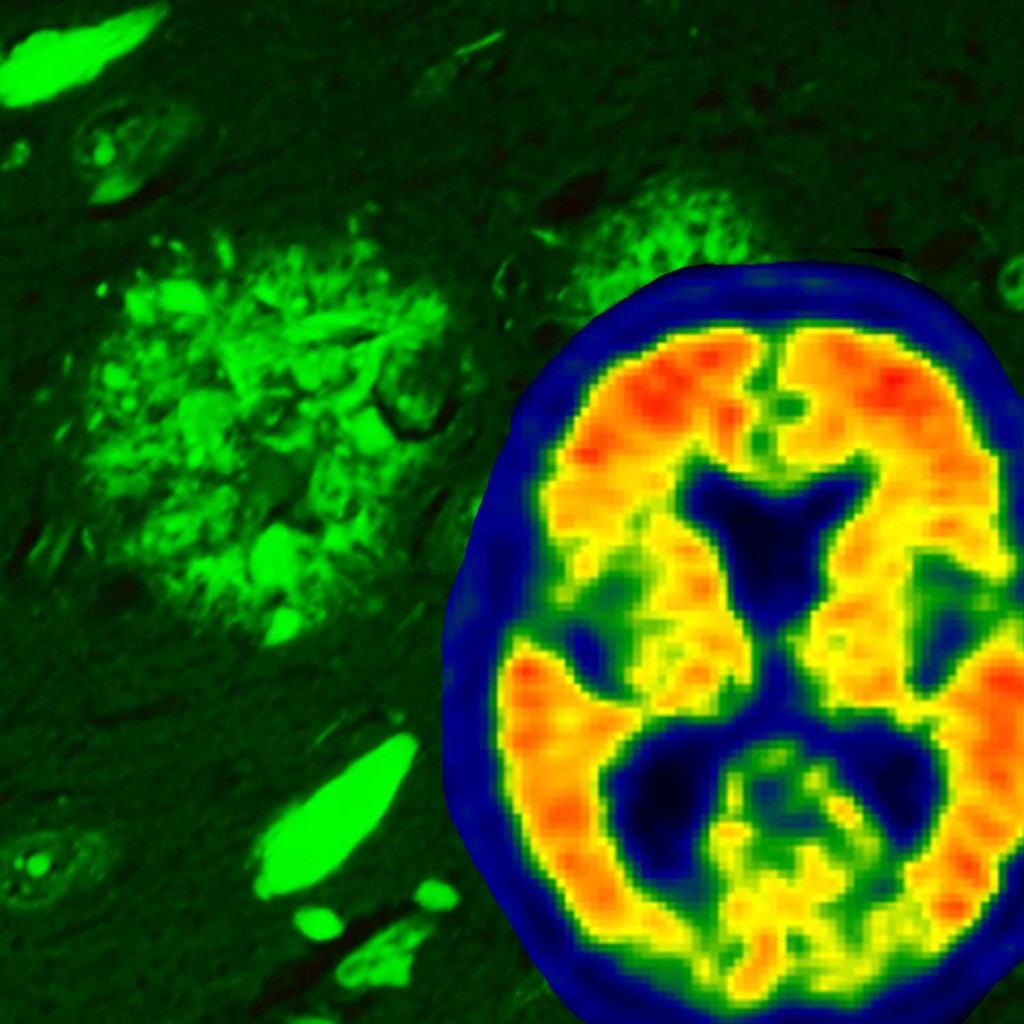
The protein tau has long been implicated in Alzheimer's and other brain diseases, but scientists have struggled to understand how it "goes bad" in the first place, converting from its normal form into a harmful one. Working together, scientists at Columbia University and Mayo Clinic have found an important clue that may help them design new drugs to combat these diseases.
Read more: A toxic protein linked to Alzheimer's
- A window of opportunity for endometrial cancer prevention
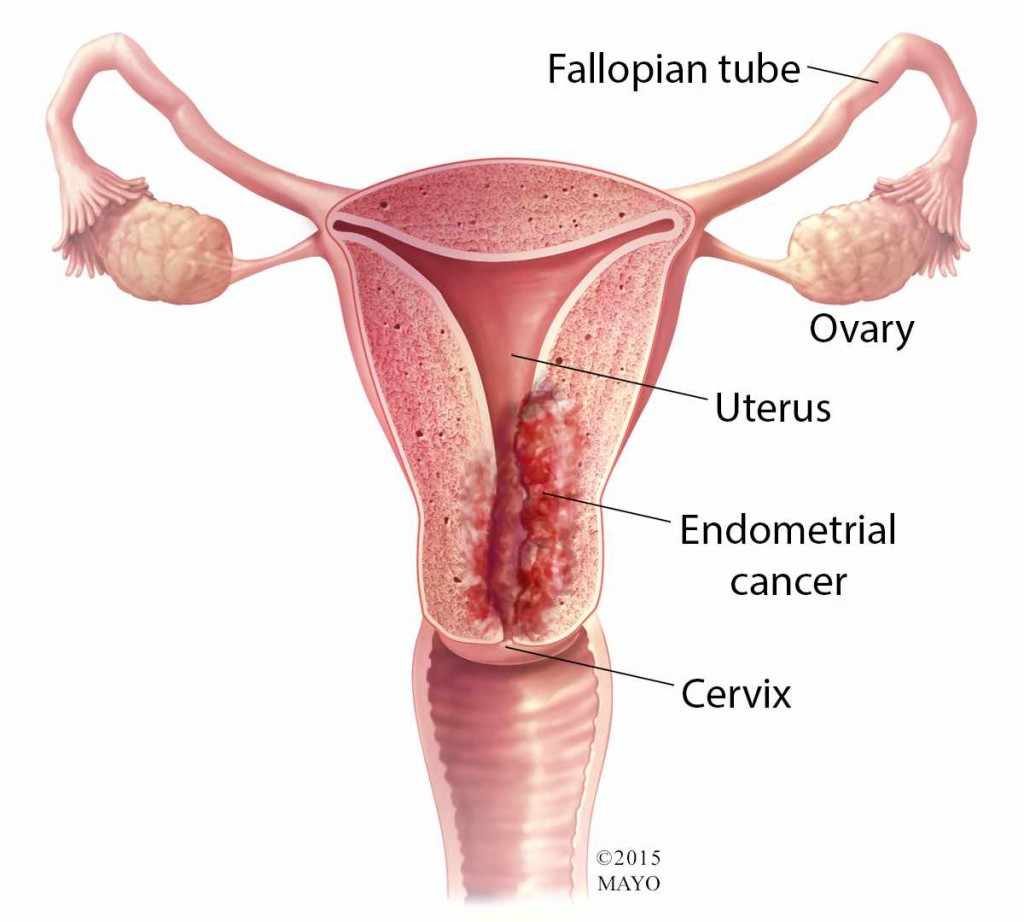
What if a health care provider could alert a woman a year or more in advance that she is likely to develop endometrial cancer? Researchers have found tell-tale epigenetic markers that appear months or years before the disease develops. They think screening for these markers can potentially prevent up to 25% of endometrial cancers.
Read more: A window of opportunity for endometrial cancer prevention
- Vitamin D deficiency – a common thread, commonly missed

We all know vitamin D is a pretty important vitamin for building and strengthening bones. This vitamin is especially important for babies and children; however, vitamin D levels aren't routinely screened for in these age groups. According to new research, scientists at Mayo Clinic think vitamin D screening should be more common. They also recommend vitamin D supplements for infants and new moms.
Read more: Vitamin D deficiency - a common thread, commonly missed
- "Sponge on a string" test for Barrett's Esophagus and esophageal cancer
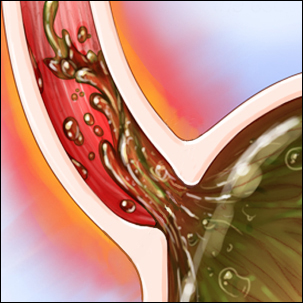
You know how "soap on a rope" makes it easier to scrub your back? Researchers at Mayo Clinic have developed a "sponge on a string" that makes it easier and less invasive to test for Barrett's esophagus and esophageal cancer. The latest research confirms the accuracy of this technique. In addition, 95% of participants preferred this technique, compared to endoscopy.
Read more: "Sponge on a string" test for Barrett's Esophagus and esophageal cancer
- Second language learning linked to brain surgery recovery
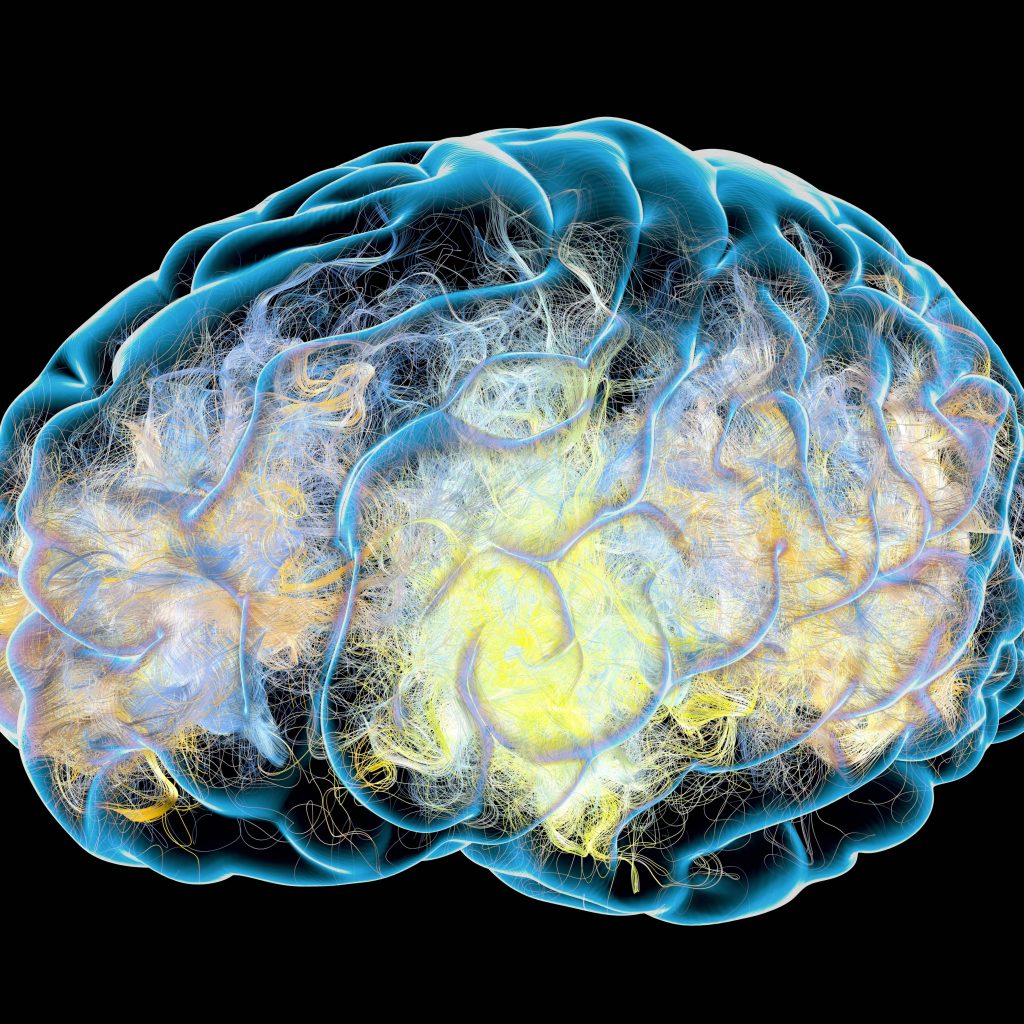
Need a good reason to study a foreign language? Research indicates that bilingual patients who learned a second language after age 6 had fewer complications from brain surgery and improve recovery.
Read more: Second language learning linked to brain surgery recovery
- On a mission to cure ALS
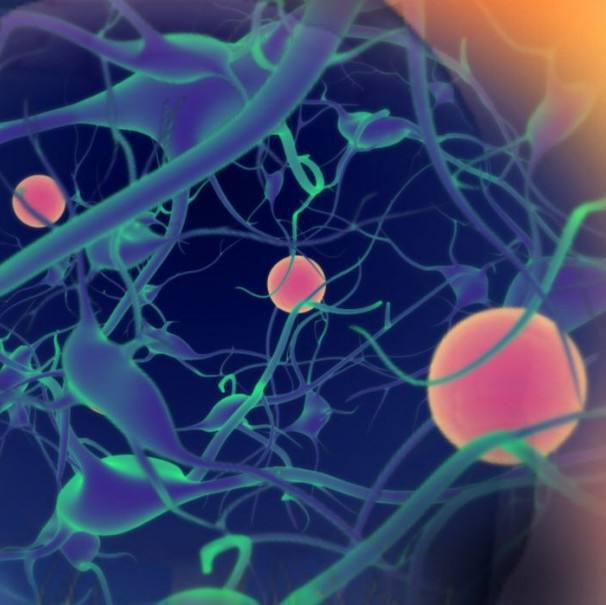
Veronique Belzil, Ph.D., went back to school to study neuroscience when her husband's uncle succumbed to amyotrophic lateral sclerosis (ALS). She wanted to understand what had happened. Her research now focuses on learning how the disease develops in order to find and target what triggers the disease.
Read more: https://advancingthescience.mayo.edu/2020/02/05/i-just-didnt-understand-on-a-mission-to-cure-als/
- Researchers studying 'one patient at a time, 1 tumor at a time' approach to treating advanced cancer

A team of researchers are using an Ex Vivo approach to study treatments for advanced cancer. This technique involves creating a miniature cancer replica outside the patient's body, using genomics and human tumor samples as a guide. The researchers say this approach enables them to understand each tumor and each patient's cancer as unique diseases of mutated cells and may eventually help them find treatment options where none existed before.
Read more: Researchers studying 'one patient at a time, 1 tumor at a time' approach to treating advanced cancer
- Staging breast cancer with fewer lymph nodes

To determine how breast cancer has spread prior to surgery, surgeons will remove and examine sentinel lymph nodes from the underarm area. A recent study found that if a sentinel lymph node had cancer, it was most commonly identified in the first one removed and was always identified by the third node removed. This information could help guide surgeons to cap the number of lymph nodes to remove, reducing risk of lymphedema and other negative outcomes for patients.
Read more: Staging breast cancer with fewer lymph nodes
- Regenerating missing bacteria for healthier lungs
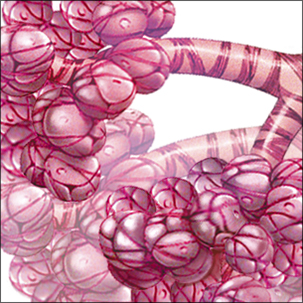
Healthy lungs have diverse bacteria living in them. People with Chronic Obstructive Pulmonary Disease (COPD) with a history of smoking are missing some of these bacteria. Researchers at Mayo Clinic are looking for ways to restore balance by isolating and reintroducing the missing bacteria.
Read more: Regenerating missing bacteria for healthier lungs
- How stem cells repair heart attack damage

Mayo Clinic researchers have uncovered stem cell-activated mechanisms of healing after a heart attack. This new understanding of how stem cells work and restore heart health could help scientists find applications for stem cell therapy for other conditions.
Read more: How stem cells repair heart damage
Register for Advancing the Science and receive weekly research news.
____________________________________________
Other Mayo Clinic medical research websites:
- Research at Mayo Clinic
- Discovery’s Edge
- Forefront
- Mayo Clinic Center for Individualized Medicine
- Center for Regenerative Medicine
- Center for the Science of Health Care Delivery







